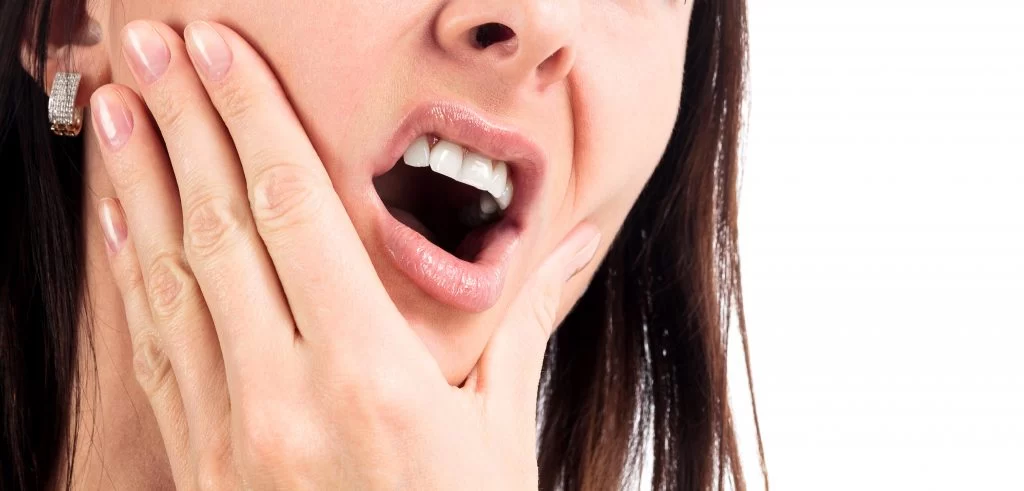
Tooth Abscess: Causes, Symptoms, and Treatments You Should Know
- What is a Tooth Abscess?
- Symptoms and Diagnosis of Tooth Abscess
- Causes of Tooth Abscess
- Treatment Options for Tooth Abscess
- Home Remedies for Tooth Abscess
- How to Prevent a Tooth Abscess
What is a Tooth Abscess?
A tooth abscess is a pocket of pus that forms at the root of a tooth or in the gum tissues surrounding it. It is usually caused by a bacterial infection, resulting from tooth decay, a damaged tooth, or gum disease. When bacteria infiltrate the tooth's pulp, an abscess forms as the body attempts to fight off the infection.
If left untreated, a tooth abscess can lead to severe complications, including the spread of infection to other parts of the body. Early detection and treatment are crucial to prevent these serious issues.
Symptoms and Diagnosis of Tooth Abscess
The symptoms of a tooth abscess can vary, but the most common include severe tooth pain, swelling in the gums or face, and fever. Other signs include a bad taste in the mouth, difficulty chewing, or swollen lymph nodes in the neck.
If you suspect you have a tooth abscess, it’s important to see a dentist as soon as possible. The dentist will diagnose the abscess by performing a physical examination and possibly taking an X-ray to assess the extent of the infection.
Causes of Tooth Abscess
Tooth abscesses are primarily caused by bacterial infections that occur when bacteria invade the pulp of a tooth. This can happen due to a variety of factors, such as:
- Untreated cavities that allow bacteria to reach the pulp
- Trauma to the tooth, such as a crack or chip
- Poor oral hygiene that leads to the buildup of plaque and tartar
- Gum disease (periodontal disease) that allows bacteria to enter the tooth
Maintaining good oral hygiene and regular dental checkups can greatly reduce the risk of developing a tooth abscess.
Treatment Options for Tooth Abscess
When you have a tooth abscess, immediate treatment is necessary to prevent further infection. The primary treatment options for tooth abscesses include:
- Root Canal Therapy: If the infection is limited to the pulp, a root canal may be performed to remove the infected tissue and seal the tooth.
- Tooth Extraction: In severe cases, if the tooth cannot be saved, it may need to be extracted to remove the source of infection.
- Antibiotics: A dentist may prescribe antibiotics to help control the infection and prevent it from spreading to other parts of the body.
- Drainage: In some cases, the dentist may need to drain the abscess to relieve pressure and allow the infection to heal.
It is essential to follow your dentist's advice and complete any prescribed medication regimen to ensure the infection is fully treated.
Home Remedies for Tooth Abscess
While professional dental care is crucial for treating a tooth abscess, there are a few home remedies that may help relieve pain and reduce swelling in the meantime. These include:
- Salt Water Rinse: Rinsing your mouth with warm salt water can help reduce swelling and alleviate pain.
- Cold Compress: Applying a cold compress to the outside of your cheek near the abscess can help reduce swelling and numb the pain.
- Over-the-Counter Pain Relievers: Ibuprofen or acetaminophen can help manage pain and reduce inflammation.
- Garlic: Garlic has natural antibacterial properties and may help reduce infection. Some people find that applying crushed garlic to the abscessed tooth provides temporary relief.
It’s important to note that these remedies should not be considered replacements for professional dental care, but rather temporary measures while waiting for treatment.
How to Prevent a Tooth Abscess
Preventing a tooth abscess largely comes down to maintaining good oral hygiene and taking steps to avoid the risk factors that lead to infection. Here are some tips for preventing tooth abscesses:
- Brush your teeth at least twice a day with fluoride toothpaste to remove plaque and prevent cavities.
- Floss daily to remove food particles and plaque from between your teeth.
- Visit your dentist regularly for checkups and professional cleanings.
- Avoid sugary foods and drinks that contribute to tooth decay.
- If you experience any tooth pain or sensitivity, don’t wait—schedule a dental visit as soon as possible.
By following these guidelines, you can significantly reduce the chances of developing a tooth abscess and protect your oral health in the long run.
If you're currently dealing with a tooth abscess, it's essential to seek prompt treatment to avoid further complications. Whether you're looking for information on tooth abscess remedies or need expert advice on treatment options, Dentistry Toothtruth can help. Visit our website for more details on how to care for your teeth and prevent dental issues like abscesses from affecting your health!







 Fine Dental Care4.0 (373 review)
Fine Dental Care4.0 (373 review) Perry Street Dental5.0 (200 review)
Perry Street Dental5.0 (200 review) Westridge Dental Group: Kasper Robert DDS4.0 (11 review)
Westridge Dental Group: Kasper Robert DDS4.0 (11 review) River Run Dental4.0 (1958 review)
River Run Dental4.0 (1958 review) Norton Family Dental4.0 (747 review)
Norton Family Dental4.0 (747 review) Dr. Michael P. Rutz, DMD5.0 (22 review)
Dr. Michael P. Rutz, DMD5.0 (22 review) The Importance of Oral Health Education During Pregnancy for a Healthy Pregnancy
The Importance of Oral Health Education During Pregnancy for a Healthy Pregnancy Best Tips for Brushing Your Teeth Properly for Healthy Gums: Essential Techniques for Oral Health
Best Tips for Brushing Your Teeth Properly for Healthy Gums: Essential Techniques for Oral Health Why Skipping Dental Checkups Can Lead to Bigger Oral Health Problems
Why Skipping Dental Checkups Can Lead to Bigger Oral Health Problems Advantages of Porcelain Dental Restorations
Advantages of Porcelain Dental Restorations How Can Diabetes Cause Tooth and Gum Problems? Preventing and Managing Oral Health Issues
How Can Diabetes Cause Tooth and Gum Problems? Preventing and Managing Oral Health Issues Healthy Habits for Promoting Good Oral Health and Hygiene: Tips for a Healthy Smile
Healthy Habits for Promoting Good Oral Health and Hygiene: Tips for a Healthy Smile